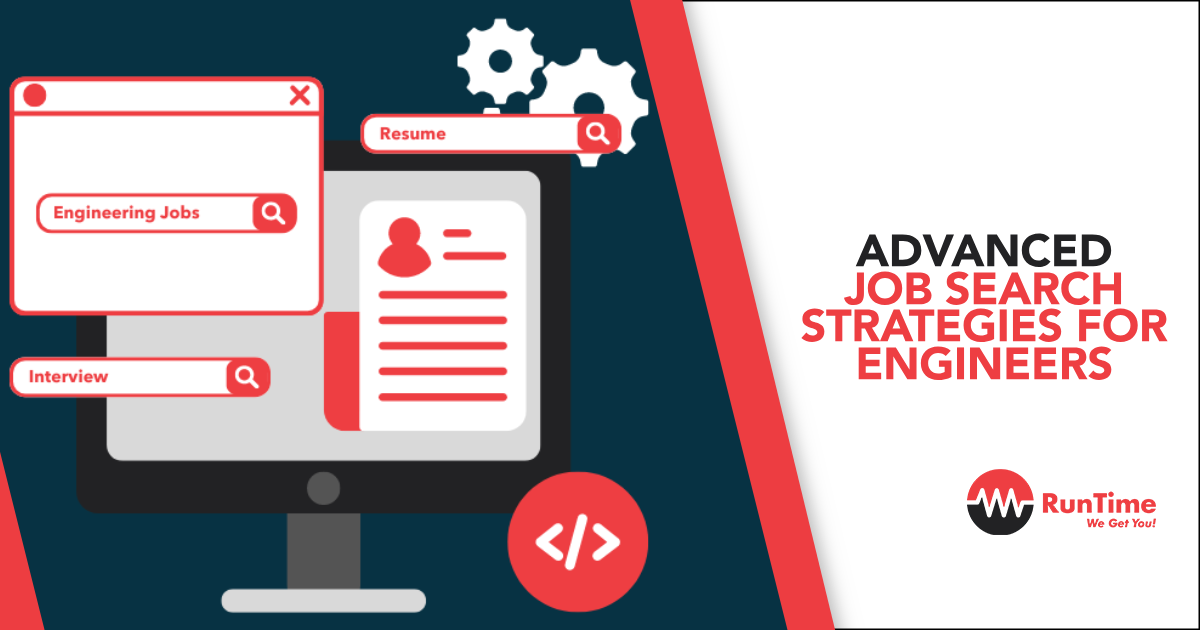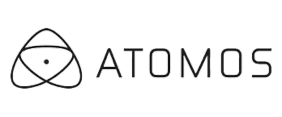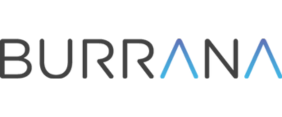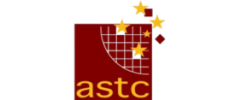Navigating the job market as an engineer can feel like traversing a maze. Amidst the proliferation of job postings, professional networking events, career fairs, and social media platforms, the process can appear daunting and overwhelming. This complexity is only amplified by the fact that engineering jobs have become increasingly specialized and multifaceted, demanding a mix of technical and non-technical skills. To streamline this process and enhance your job prospects, you need advanced job search strategies that go beyond merely sending out resumes.
Job Search Strategies: Not Just About Finding a Job
Job searching is not a passive, one-dimensional process. It’s not just about finding a job; it’s about finding the right job that aligns with your skills, career aspirations, and personal preferences. It’s about understanding the job market, networking strategically, leveraging technology, and marketing yourself effectively. It’s about being proactive, persistent, and patient. And, most importantly, it’s about learning — learning about the industry, potential employers, job roles, and about yourself.
The Five-Pronged Approach to Advanced Job Searching
1. Market Research and Job Analysis
Any job search must begin with a thorough understanding of the job market and a careful analysis of job roles. Start by researching the industry trends, growth areas, major players, and recent developments. Understand the various engineering disciplines and the specific skills and qualifications they require.
Next, analyze job descriptions. Don’t just skim through them; dissect them. Understand the required skills, responsibilities, and qualifications. Identify the keywords and phrases that employers use. This will not only help you determine if the job aligns with your skills and interests, but will also aid in tailoring your resume and cover letter later on.
2. Resume and Cover Letter Customization
In the competitive engineering job market, a generic resume or cover letter simply won’t cut it. Your resume and cover letter must be tailored to each job you apply for, reflecting the specific skills and qualifications mentioned in the job description.
Start by incorporating the keywords from the job description into your resume and cover letter. Highlight the specific technical and soft skills that the employer is seeking. Show them, through your accomplishments and experiences, how you can add value to their organization.
But remember, customization doesn’t mean exaggeration or dishonesty. Be truthful and authentic. Employers value integrity and can easily spot inconsistencies or inflated claims.
3. Networking: The Hidden Job Market
Many job vacancies are never advertised; they are part of the ‘hidden job market’. Accessing this market requires strategic networking. Networking, contrary to popular belief, is not about collecting business cards or schmoozing at events. It’s about building genuine, professional relationships.
Networking can take many forms — attending industry events and career fairs, joining professional associations, participating in LinkedIn groups, or even connecting with alumni of your school. The key is to be proactive, curious, and genuine. Ask questions, share your experiences, and show genuine interest in others.
While networking can be time-consuming and might seem intimidating, especially for introverts, it’s a powerful job search tool. It not only increases your chances of discovering unadvertised job opportunities but also enhances your industry knowledge and professional relationships.
4. Social Media and Online Presence
In today’s digital era, your online presence can significantly influence your job prospects. Potential employers may look you up online, and what they find can shape their perception of you.
Leverage platforms like LinkedIn to showcase your skills, experiences, and professional achievements. Join relevant groups, participate in discussions, and share insightful posts. Be careful about what you post on other social media platforms, as unprofessional content can deter potential employers.
Consider creating an online portfolio to showcase your projects, especially if you’re in a discipline like software engineering or design engineering. Platforms like GitHub, Behance, and Dribbble allow you to share your work and demonstrate your skills in a more tangible and visually appealing manner.
5. Interview Preparation
If you’ve navigated the job search maze effectively, the interview is your final hurdle. Just like every other stage of your job search, interviews require thorough preparation.
Start by researching the company — its culture, values, products, and recent news. Understand the job role and how you can add value. Prepare for common interview questions and also technical questions relevant to the role.
Practice is the key to a successful interview. Whether it’s articulating your responses, maintaining eye contact, or controlling your body language, practice can make a significant difference. Consider doing mock interviews or practicing in front of a mirror.
During the interview, be authentic and positive. Show enthusiasm for the role and the company. Ask insightful questions that reflect your interest and preparation. And finally, remember to follow up after the interview. A simple thank-you email can reinforce your interest in the job and leave a positive impression.
The Endgame: Persistence and Patience
Job searching, especially for your dream job, can be a long and challenging journey. It requires persistence, patience, and resilience. Rejections, though disheartening, are part of the process. Rather than viewing them as failures, view them as learning experiences. Use them to refine your job search strategies, improve your skills, and grow professionally.
As engineers, we are problem solvers. We thrive on challenges and have the ability to adapt and learn. So let’s approach job searching as an engineering problem — a complex, multifaceted problem that demands a strategic, systematic, and persistent approach. And remember, just like any engineering problem, with the right tools and the right mindset, we can solve it.









